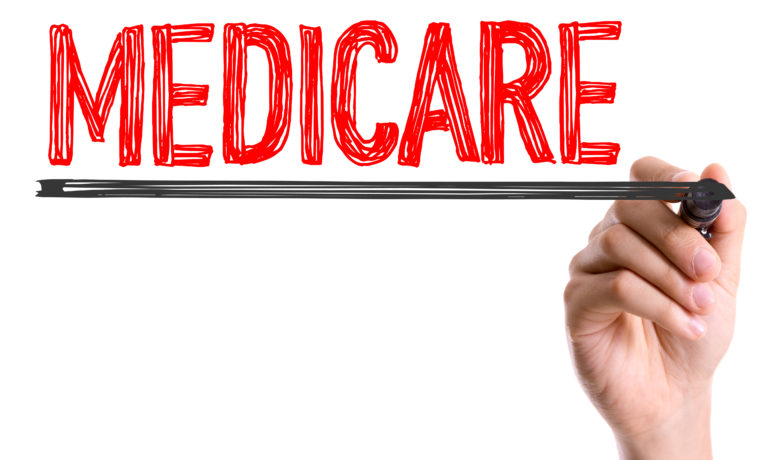As we move forward with Part 6 of our blog series, Healthcare 2030, we hope that we’ve been able to detail why we advocate healthcare as a dominant business segment of the United States. It is about to get crazier as we are just passing the midpoint of the Baby Boomer generation entering the Medicare program and their high healthcare cost consumption years.
Medicare has seen this unavoidable wave for decades. It has tried to push and incentivize Medicare beneficiaries into more predictable managed care or Medicare Advantage (MA) programs, also called Medicare Part C (more on MA in our next blog).
During the last eight years, since the formation of the Affordable Care Act (ACA) also called Obamacare, Medicare has experimented with Affordable Care Organizations (ACOs). Most ACOs have not been successful and there are many reasons why.
Based on what we know, Medicare Fee-For-Service (FFS) structure is unsustainable and will most likely end by 2030 or soon thereafter.
In an FFS Medicare structure, Medicare pays out more the sicker a patient is, without any limitation or maximum dollar amount. Medicare has little control and even less predictability or ability to manage the patient care.
What most people do not understand is that Medicare or the Medicaid program for that matter, does not offer direct care, nor do they operate medical offices or hospitals. Everything is effectively provided by for-profit or non-profit independent providers.
Recently, Medicare has asked providers to submit applications for a new program called Primary Care First, as an alternative payment model. The idea is to allow providers, primary care physicians, or groups to take on financial risks and effectively manage more predictable costs to Medicare. Medicare for All will offer less oversight and reporting, plus offer potentially higher financial rewards for providers accepting partial or full financial risks for their patients. Furthermore, Medicare will pay doctors or providers a fixed fee per month called capitation.
As of today, Medicare, beyond Medicare Advantage, is operated by insurance companies and the ACOs we mentioned above operate Shared Savings Programs (SSPs). Today, neither program (excluding MA) has proven consistently profitable, scalable, or predictable.
We commend Medicare’s innovative approach as it explores a path to a more predictable healthcare cost; however, we are doubtful that this new Primary Care First program will work. Our assessment comes from nearly 30 years of experience working with providers. The providers just do not have the financial backing and experience to qualify, nor do they manage the risk for what Medicare wants. Furthermore, they do not have the resources to invest in technology, systems and training to handle the responsibility. Technologies like telemedicine, IoT and integrated or universal EHRs are required for this type of program to work – particularly if we want them to be profitable, scalable and predictable.

